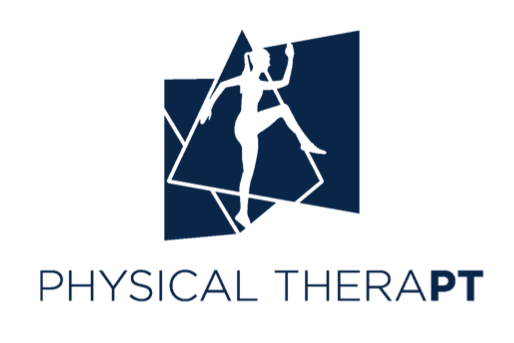Food is personal. There are lots of philosophies are what to eat, and when to eat it. Some of them won’t work for everyone, while some of them won’t work at all. When it comes to athletic performance and immune function though, we can count on three core principles.
Find A Better Headspace
Night Owl vs Morning Lark
There is no magic number when it comes to sleep. Different individuals need slightly different amounts of sleep. They also have varying natural circadian rhythms. However, thanks to sleep scientist Dr. Matthew Walker, we know that practically all humans* require a minimum of seven hours of sleep to function optimally. The average American adult only gets six and a half hours. Dive into how you can optimize your sleep routine to support your athletic goals, and keep your immune system in prime function.
Stress Isn’t Good, or Bad.
Stress may not always deserve the bad reputation it’s gained, but it does require our attention. At its core, stress is simply a “physical, mental or emotional factor that causes bodily or mental tension.” Going for a run is a type of stress, so is that pre-race excitement you feel. Scrolling through too many tweets on COVID-19 causes stress, just like being sick can cause stress. What if we have the power to change how we interact with stress?
You Do You
Let’s talk about load. Researcher Tim Gabbett defines load simply as “the act of performing work in preparation for, or carrying out an event.” This includes your workout and everything else that makes up your day. Load response is “the physiological, psychological or biomechanical response to performing that work.” These responses can be positive, negative or neutral depending on how prepared we were for said load.To do this, we need to ask ourselves two key questions:
What does my current physical activity look like?
What are my goals?

